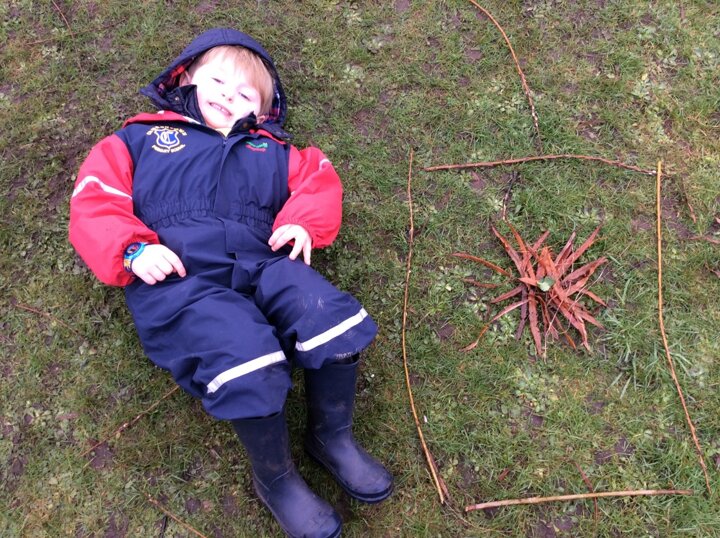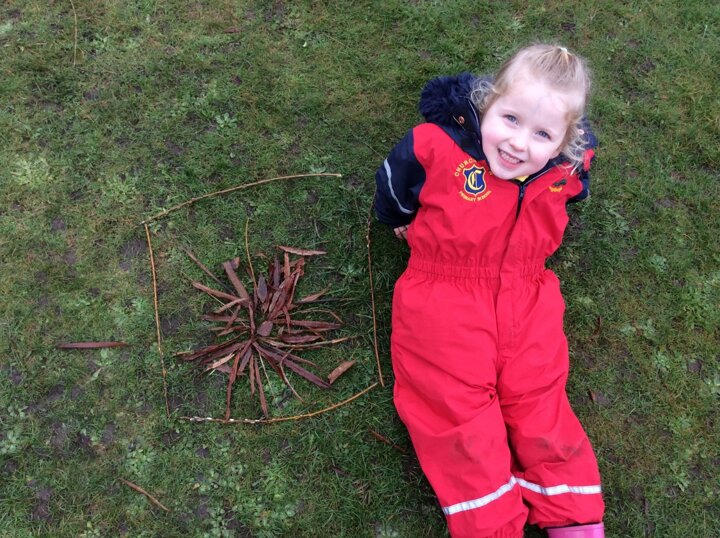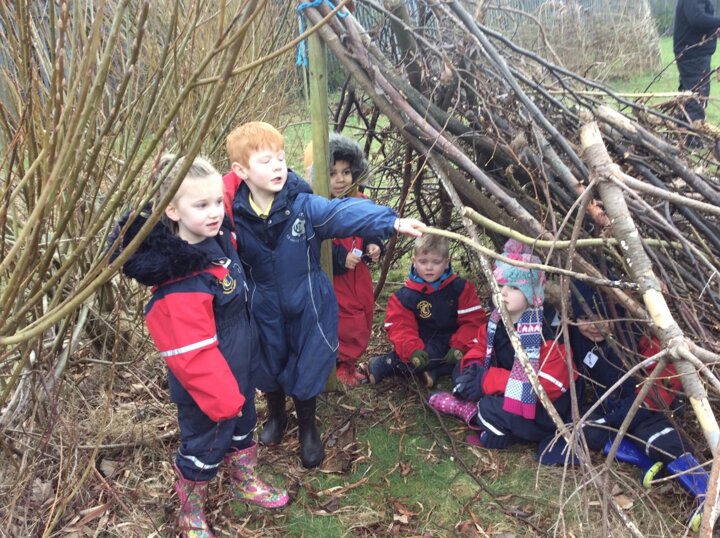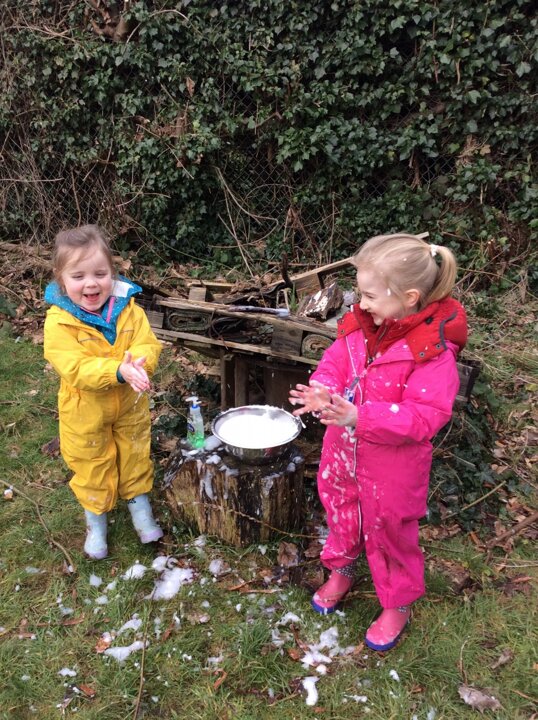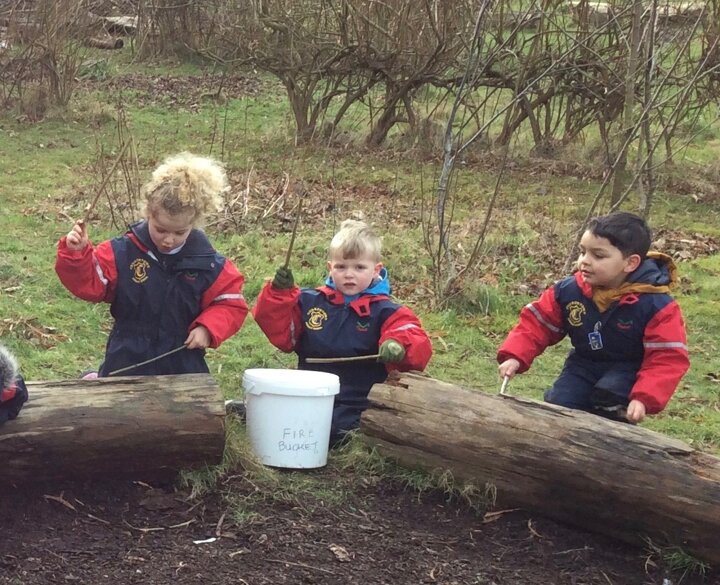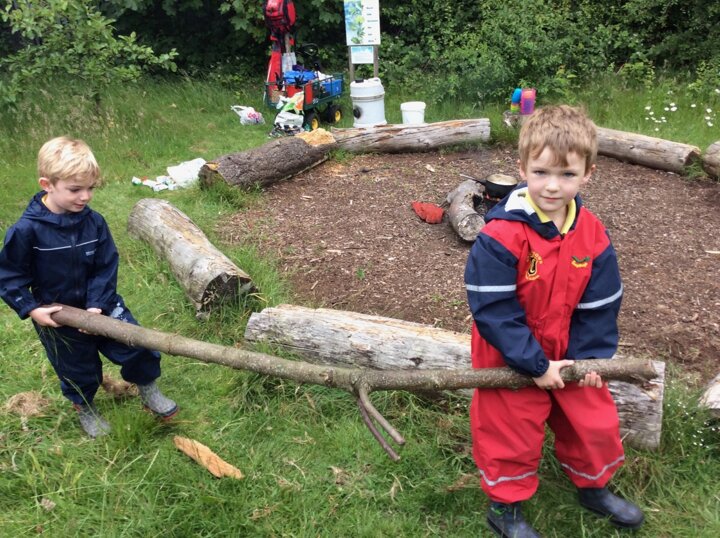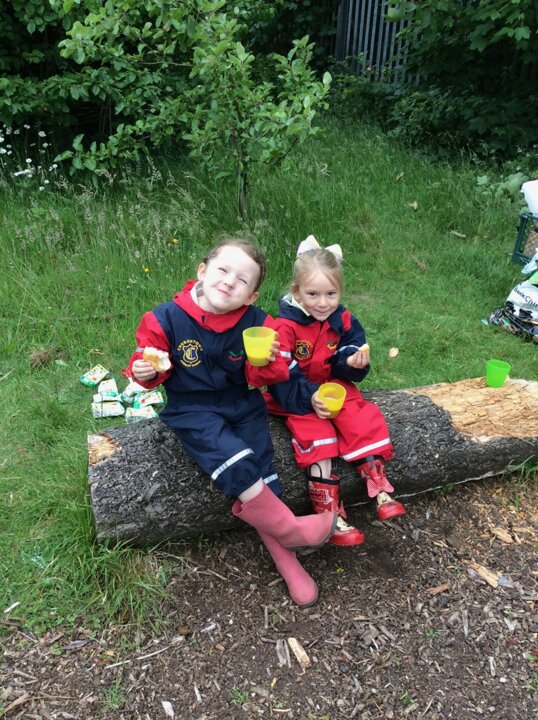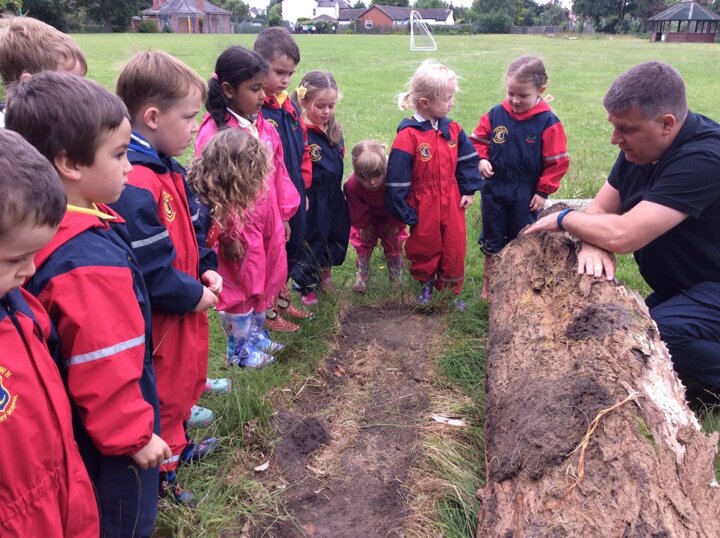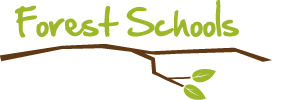
What is Forest School?
Forest School is an educational ethos that has grown from the Scandinavian education system. There children start school at a later age, but have a very strong preschool education system. This includes a lot of time spent learning outdoors in the natural environment.
In the UK Forest School has developed steadily since the 1990’s, when a group of educationalist visiting Denmark noticed that the children there had great strengths in areas like confidence, resilience, emotional intelligence and self esteem. Since then there has been research that shows a strong link between such strengths and the ethos of Forest Schools.
At Churchtown Primary School we belive that giving the children such opportunities will help them become better learners while at school, as well as giving them strengths and skills that will stay with them for life.
The Principles of Forest School
- FS is a long-term process of regular sessions, rather than a one-off or infrequent visits; the cycle of planning, observation, adaptation and review links each session.
- FS takes place in a woodland or natural environment to support the development of a relationship between the learner and the natural world.
- FS uses a range of learner-centred processes to create a community for being, development and learning.
- FS aims to promote the holistic development of all those involved, fostering resilient, confident, independent and creative learners.
- FS offers learners the opportunity to take supported risks appropriate to the environment and to themselves.
- FS is run by qualified Forest School practitioners who continuously maintain and develop their professional practice.
What happens at Forest School?
In forest school sessions, much of the learning is led by the children with the forest school leader acting as a facilitator, helping the children set and achieve their own goals. The children will work in a natural, outdoor environment initially carrying out tasks or challenges set by the Forest School leader. They will also be taught to safely use tools and equipment, appropriate to their ability, which can be used to complete the challenges eg building a shelter. As the experience of the children grows, they begin to set their own goals or challenges, using their new skills to meet them.
Where is the forest?
Although a woodland environment is ideal, with a little imagination almost any natural, outdoor environment can be used. To this end, we have been working on developing and area of the school field to be used for forest school sessions.
For more information about Forest School, look on http://www.forestschoolassociation.org
Forest School Impact Data (July 2017)
The ethos of Forest School (FS) is one of a holistic approach to child development, where every aspect of child development is facilitated in an outdoor, collaborative environment. The FS leader takes on the role of facilitator by modelling different activities to engender interest and enthusiasm leading to child led activities supported to allow the child to lead his or her own development.
Below is a section from The Forest School Association website, which defines the principles of Forest School. http://www.forestschoolassociation.org/full-principles-and-criteria-for-good-practice/
6. Forest School uses a range of learner-centred processes to create a community for development and learning
- A learner-centred pedagogical approach is employed by Forest School that is responsive to the needs and interests of learners.
- The Practitioner models the pedagogy, which they promote during their programmes through careful planning, appropriate dialogue and relationship building.
- Play and choice are an integral part of the Forest School learning process, and play is recognised as vital to learning and development at Forest School.
- Forest School provides a stimulus for all learning preferences and dispositions.
- Reflective practice is a feature of each session to ensure learners and practitioners can understand their achievements, develop emotional intelligence and plan for the future.
- Practitioner observation is an important element of Forest School pedagogy. Observations feed into ‘scaffolding’ and tailoring experiences to learning and development at Forest School.
The very nature of Forest School means that defining precise impact data is difficult.
However, the very nature of FS also means that, with the exception of reading and writing, every aspect of the EYFS curriculum is supported by Forest School sessions. Indeed, since FS provides such a different set of opportunities for children to develop when compared to a traditional classroom environment, there is a strong argument that overall cohort data will improve, because children who are not finding opportunities in one environment are given alternative opportunities in a FS environment. In-fact I believe having that opportunities in a variety of environments creates a virtuous circle, with the variety of environments making a positive impact on development across all environments.
Data
The table below shows changes in data since FS sessions began in Reception, in those areas of the curriculum perceived most likely to see an impact.
|
Areas of development |
Percentage of children at or above ARE |
||||
|
2014 |
2015 |
2016 |
2017 |
Change +/- |
|
|
Moving and handling |
98.3 |
92.5 |
97.5 |
97.5 |
- 0.8% |
|
Self-confidence and awareness |
85.9 |
94.2 |
96.7 |
96.7 |
+ 10.8% |
|
Managing feelings and behaviour |
88.3 |
91.7 |
91.7 |
91.6 |
+ 3.3% |
|
The World |
92.5 |
91.7 |
92.5 |
92.5 |
+/- 0% |
Interpretation
- Moving and Handling. This aspect shows a fairly consistent level, bar a 5-point dip in 2015, suggesting that this aspect is well covered through other aspects of the curriculum and FS has shown no clear impact, although FS definitely allows pupils to exercise these skills in a different way.
- The World. This aspect shows little or no change over time. In my opinion, this aspect has traditionally been well taught in EYFS settings, with topics such as the seasons or minibeasts being well covered. FS allows this to be a much more visceral experience, which is likely to remain as a general interest and care for the living environment.
- Managing feelings and behaviour. The data shows a 3-point increase in scores for this aspect over the given time period. Case studies suggest that children who struggle with behaviour in a traditional classroom environment, manage their behaviour better in FS.
- Self-confidence and Awareness. Here the data shows a near 11-point increase over the time period. Interestingly, this theme has been recognised as one of the major areas of development facilitated by FS programmes, and one of the defining factors in the development of FS as a learning opportunity in this country. Indeed, it was one of the factors initially identified by nursery nurses from Bridgewater college in 1993 on a visit to Denmark. This trip is recognised as the start of FS in Britain.
The organisation, Forest Research, has collected evidence of the impact of FS. They reported the key findings below. https://www.forestry.gov.uk/fr/infd-5z3jvz
Key findings
The evaluation suggests Forest Schools make a difference in the following ways:
- Confidence: children had the freedom, time and space to learn and demonstrate independence
- Social skills: children gained increased awareness of the consequences of their actions on peers through team activities such as sharing tools and participating in play
- Communication: language development was prompted by the children’s sensory experiences
- Motivation: the woodland tended to fascinate the children and they developed a keenness to participate and the ability to concentrate over longer periods of time
- Physical skills: these improvements were characterised by the development of physical stamina and gross and fine motor skills
Knowledge and understanding: the children developed an interest in the natural surroundings and respect for the environment.
In Churchtown FS sessions, children are encouraged to think for themselves about what they want to achieve, and make their own decisions about how to do so in a safe and reasonable manner. Children are given the chance to evaluate and take risk in a safe and supportive environment. They are encouraged to set their own boundaries and consider the manner of their play and the way they can achieve realistic goals. Thus, FS directly supports development towards the ELG for Self-confidence and Self-awareness (below).
Early Learning Goal – Self-Confidence and Self-Awareness
- Children are confident to try new activities.
- They can say why they like some activities more than others.
- They are confident to speak in a familiar group.
- They will talk about their ideas.
- They will choose the resources they need for their chosen activities.
- They say when they do or don’t need help.
Summary.
Though the impact of FS is difficult to define accurately, in the period that FS sessions have been being delivered at Churchtown, a clear improvement has been recorded in Self-confidence and Self-awareness; an aspect recognised to be directly impacted by FS. It is therefore reasonable to conclude that FS is at least partly responsible for improved data scores in this area.
I also believe that a greater benefit exists in the holistic development of the children in our care in EYFS at Churchtown Primary School.
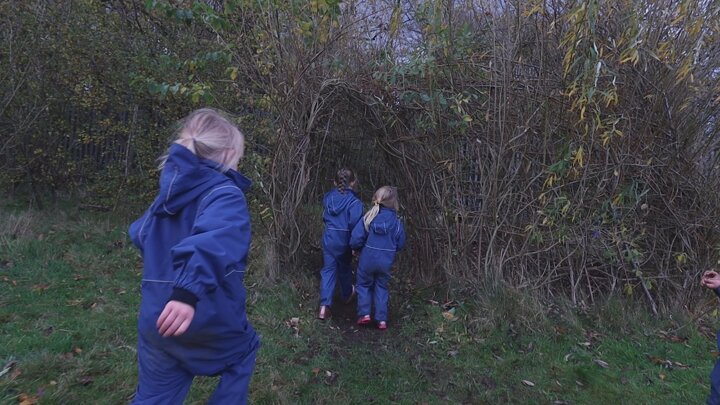
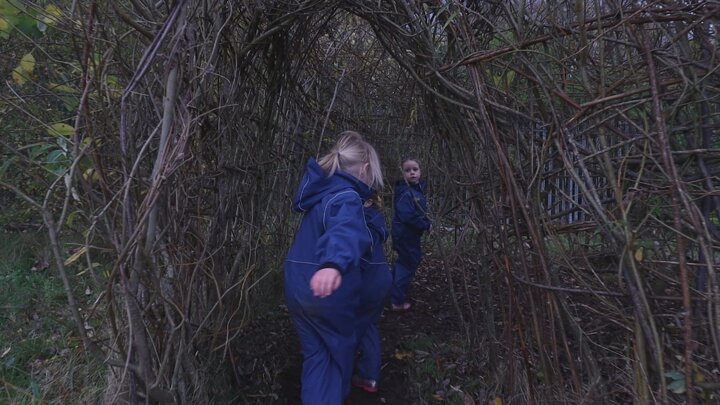
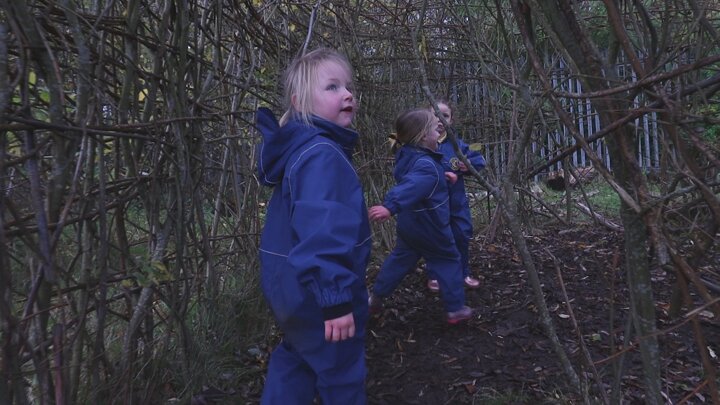
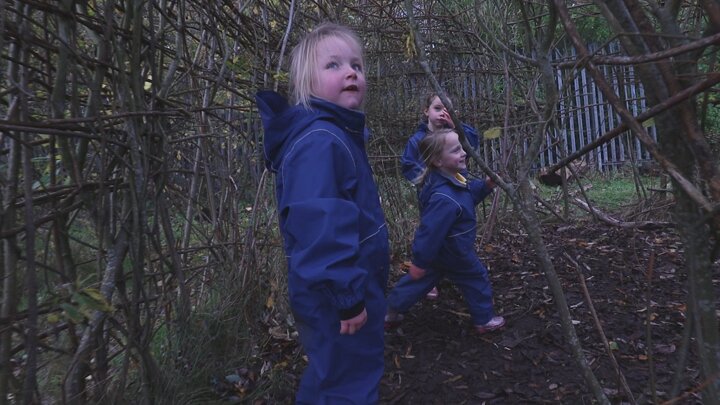
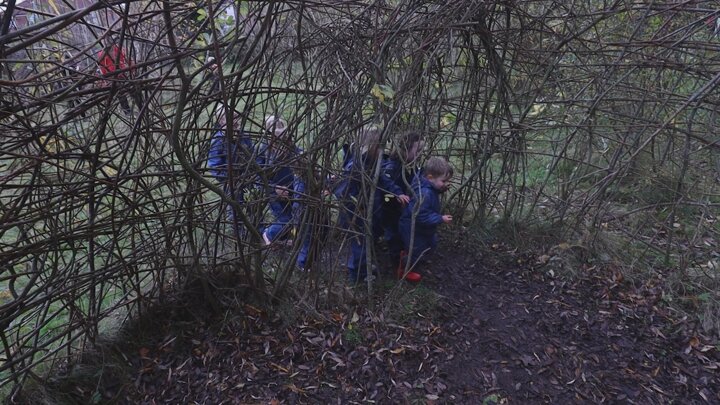
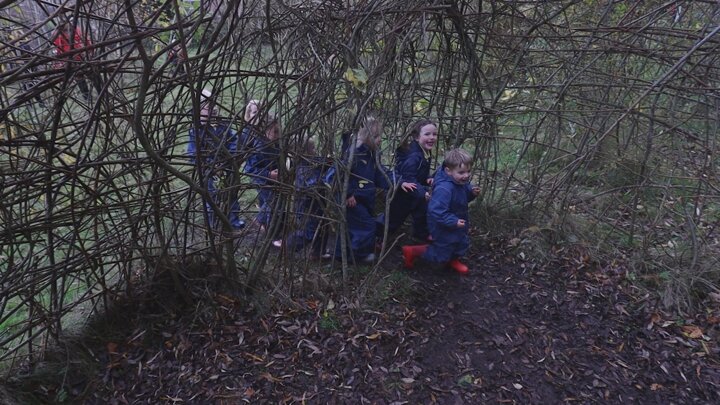
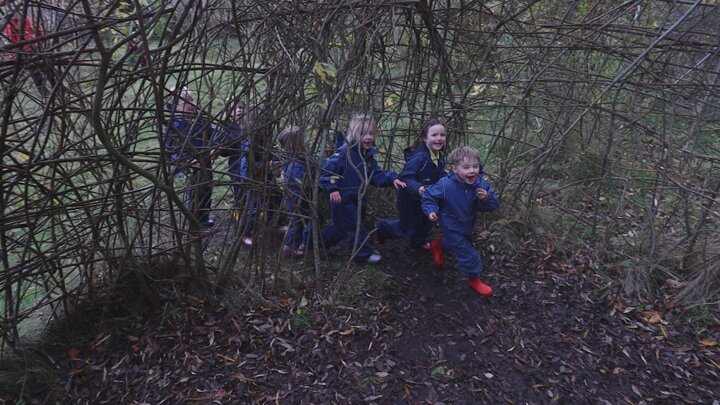
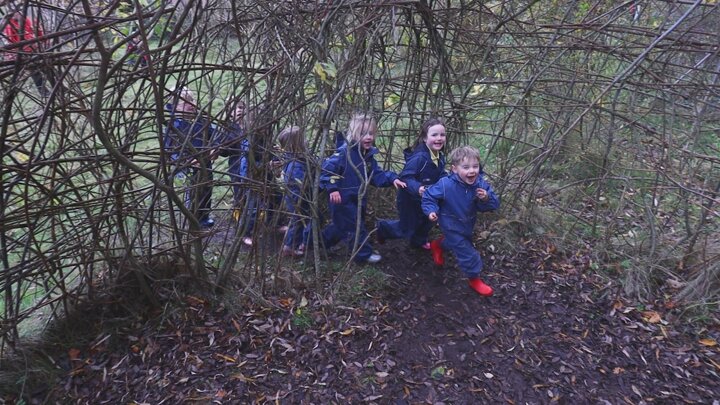
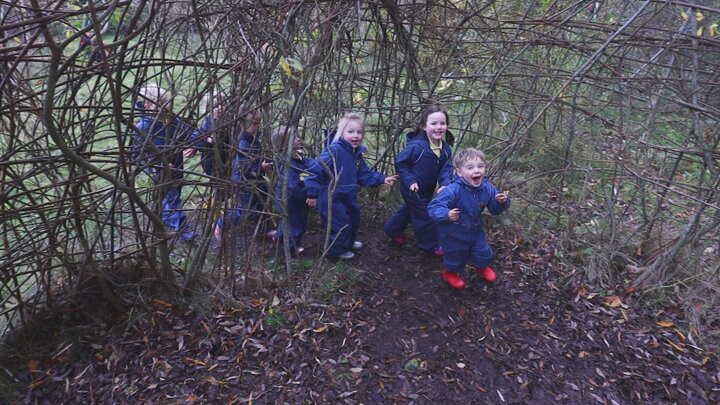
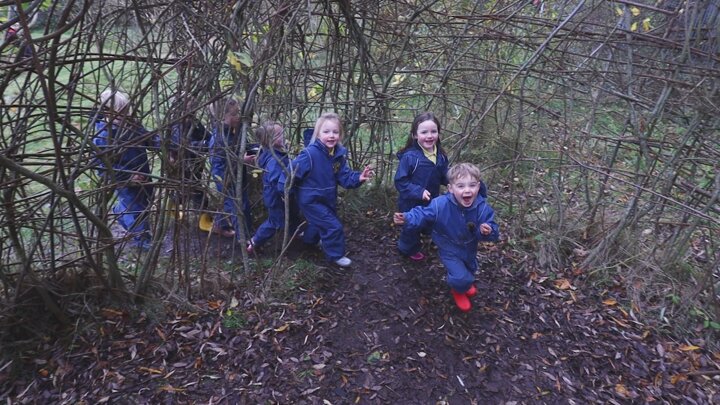
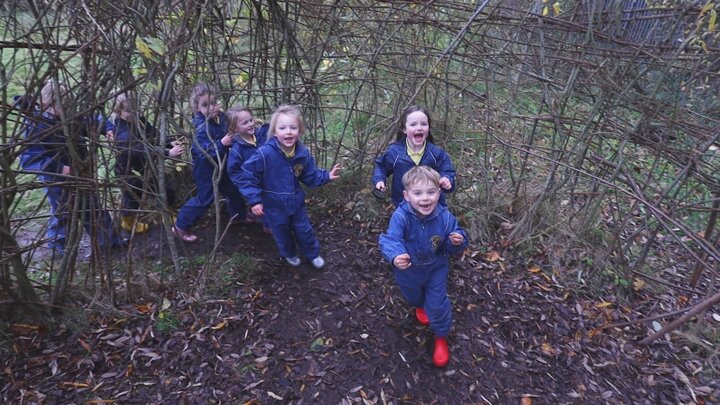
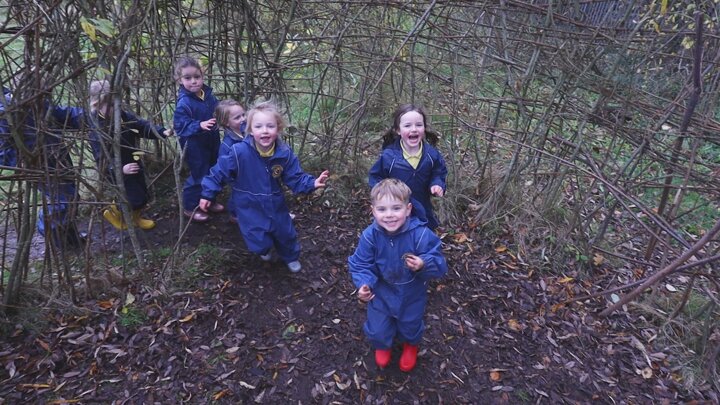
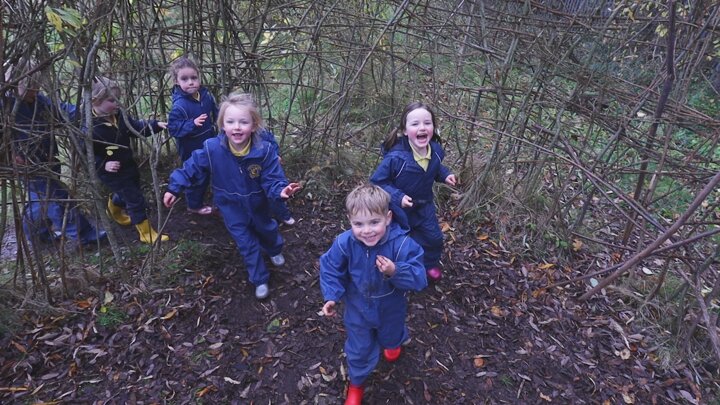
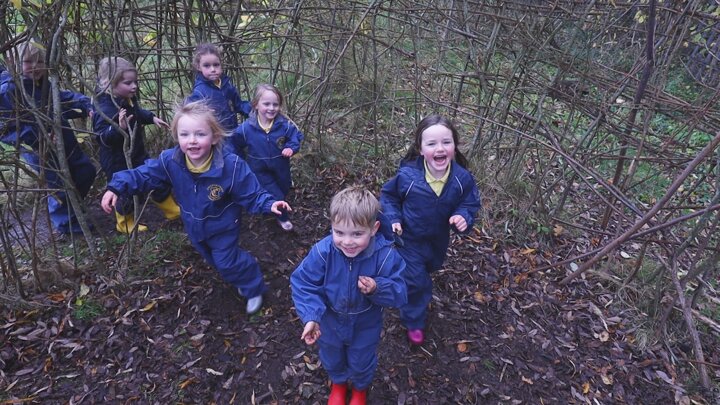
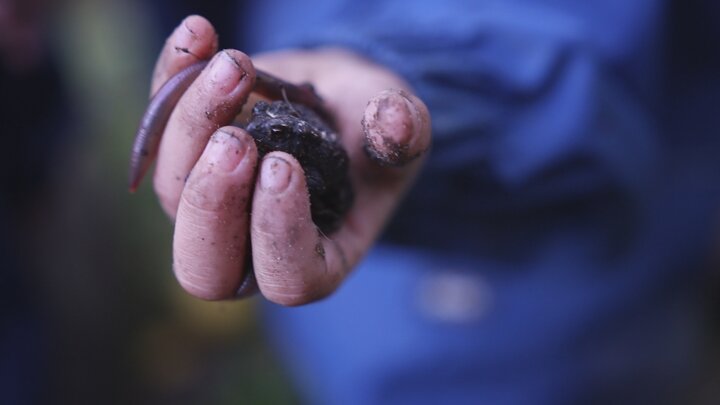
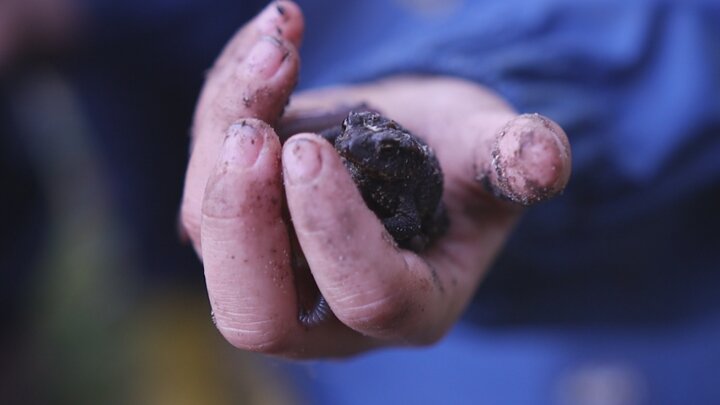
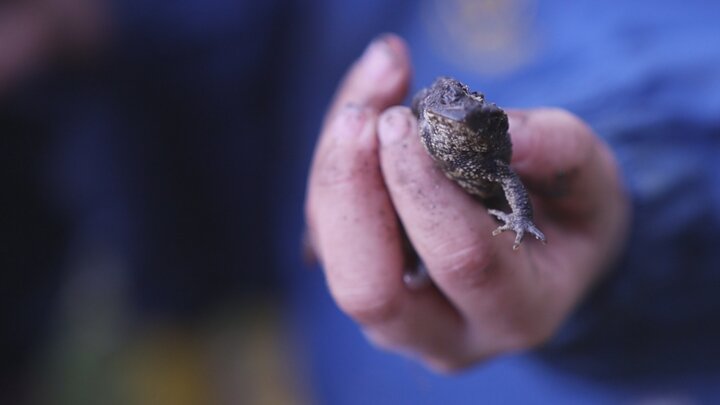
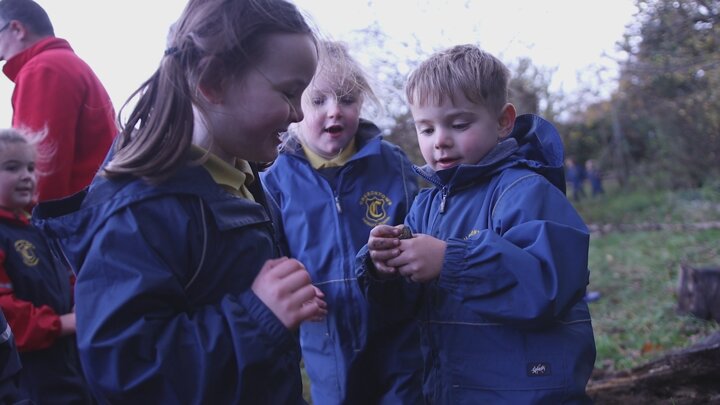
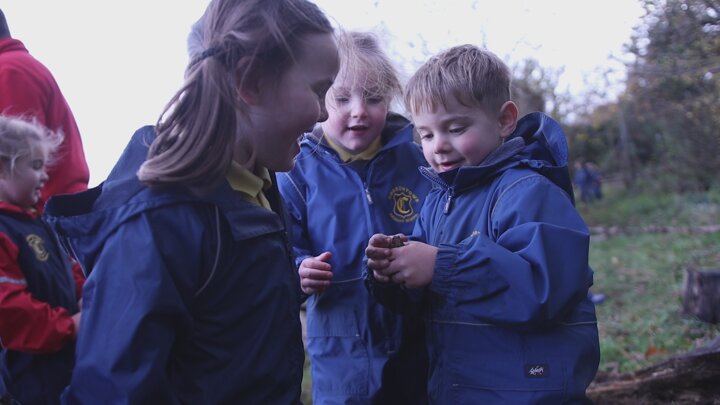
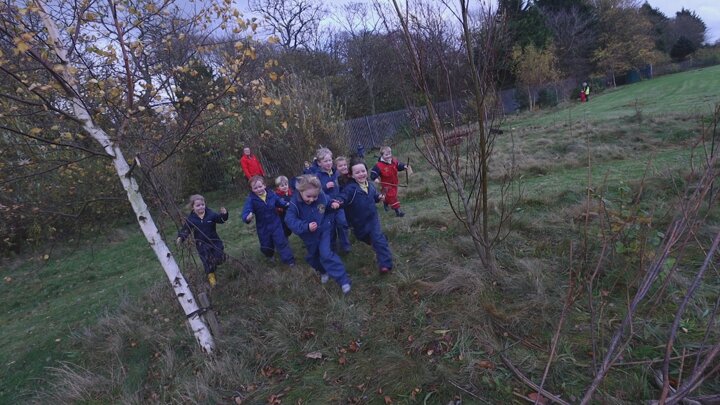
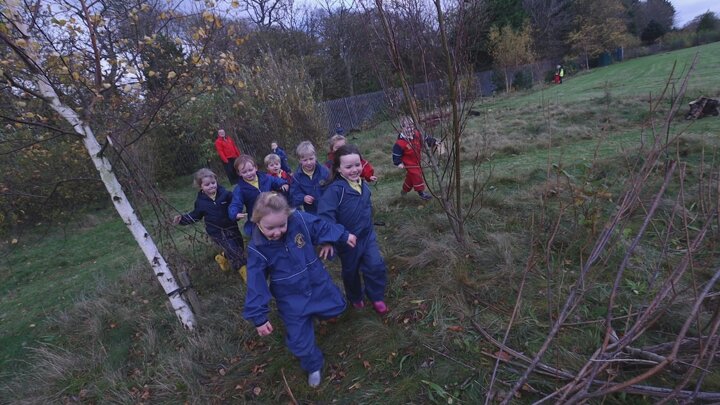
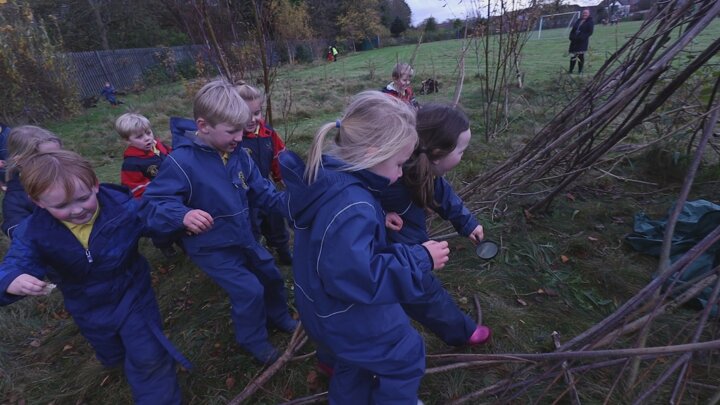
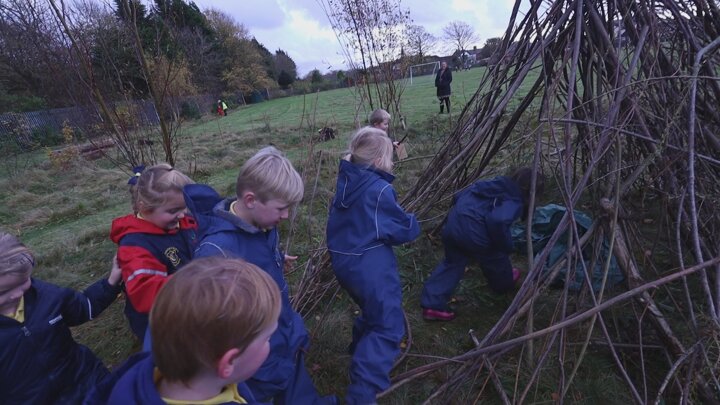
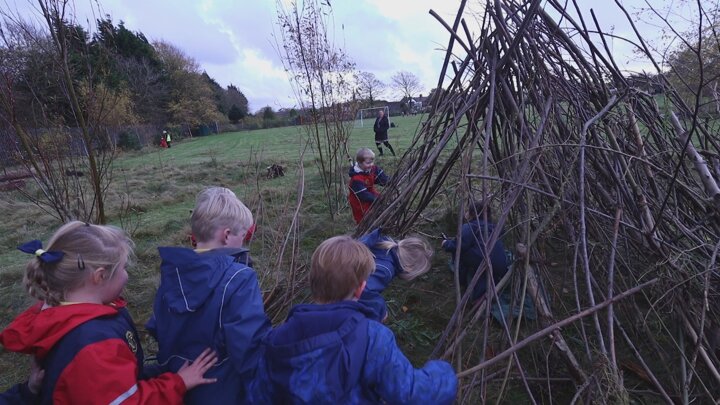
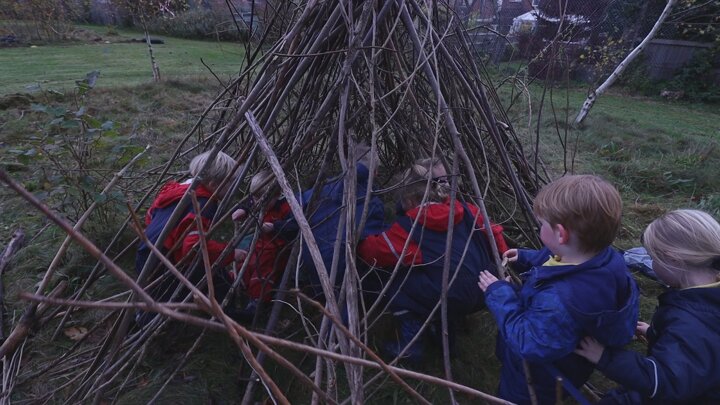
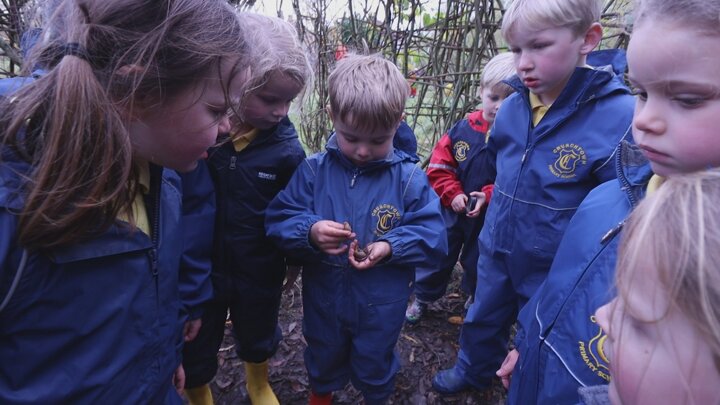
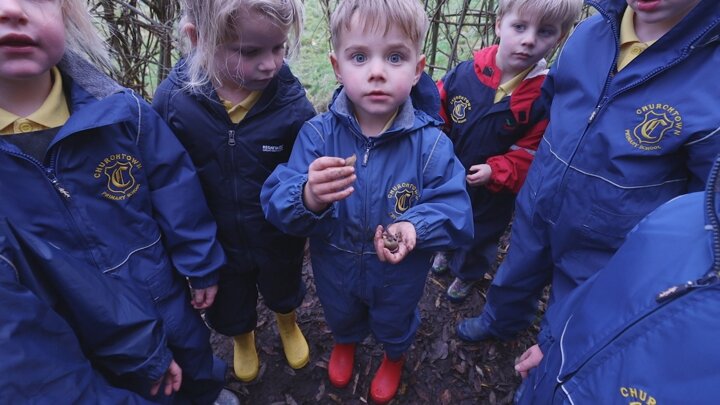
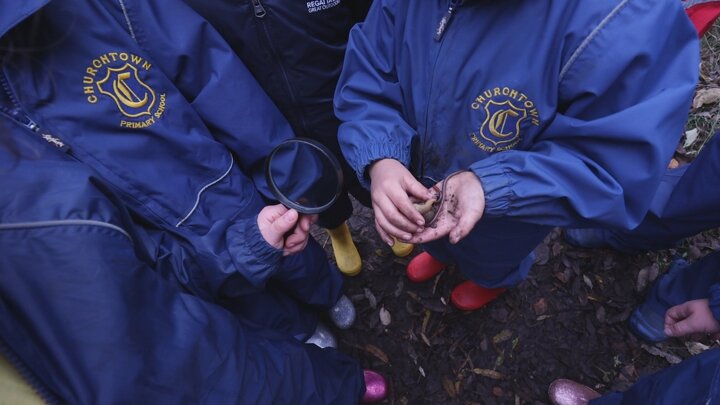
.jpg)

